6 Herbs for Endometriosis Relief


What Is Endometriosis?
Endometriosis is a common and often painful medical condition that affects about 10%-15% of reproductive-aged women. It happens when tissue similar to the lining of the uterus grows outside of the uterus, causing a range of symptoms such as pelvic pain, heavy periods, and nausea. While medical treatment is typically the first line of defense, some people turn to herbal remedies as a complementary treatment to help manage symptoms and improve overall quality of life.
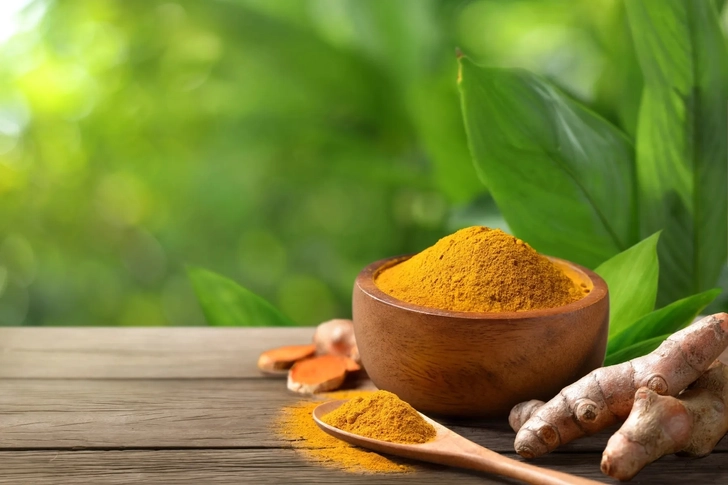
Curcumin
Curcumin, an active ingredient found in turmeric, has anti-inflammatory effects and may help regulate hormones and reduce tissue growth. While more research is needed, some studies suggest that curcumin may be beneficial in treating endometriosis.
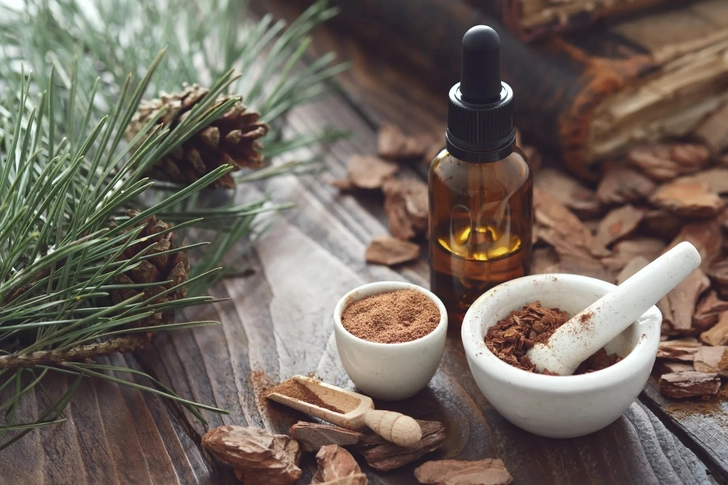
Pine Bark
A 2014 study showed that pine bark extract, when combined with oral contraceptives, could significantly reduce endometriosis pain. Participants who took the pine bark extract in addition to oral contraceptives had a greater reduction in pain than those who took oral contraceptives alone.
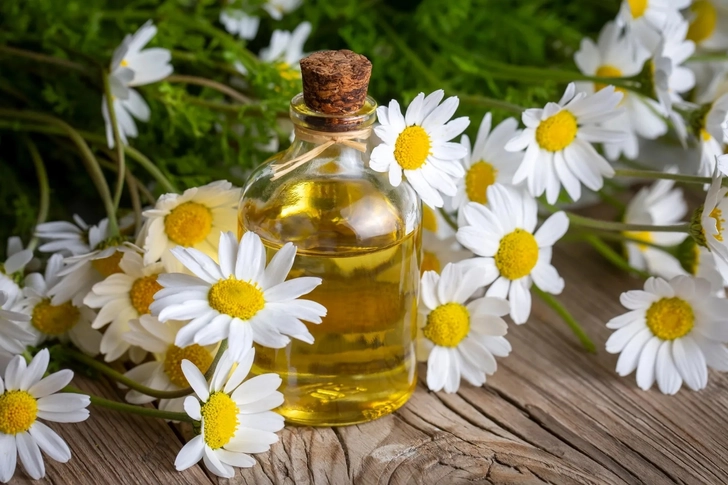
Chamomile
Chamomile contains a compound called chrysin, which has been shown to suppress and kill endometrial cells. Because this study was conducted in a laboratory setting, further research is needed to understand the effects on the human body.
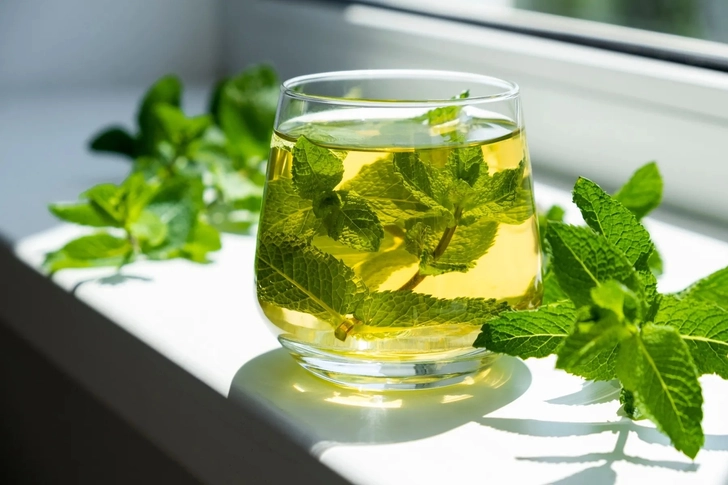
Peppermint
Peppermint has antioxidant properties that may help ease endometriosis symptoms. A 2016 study showed that peppermint can reduce the severity of menstrual cramps, and other research suggests that antioxidant supplements may help reduce pelvic pain associated with endometriosis.
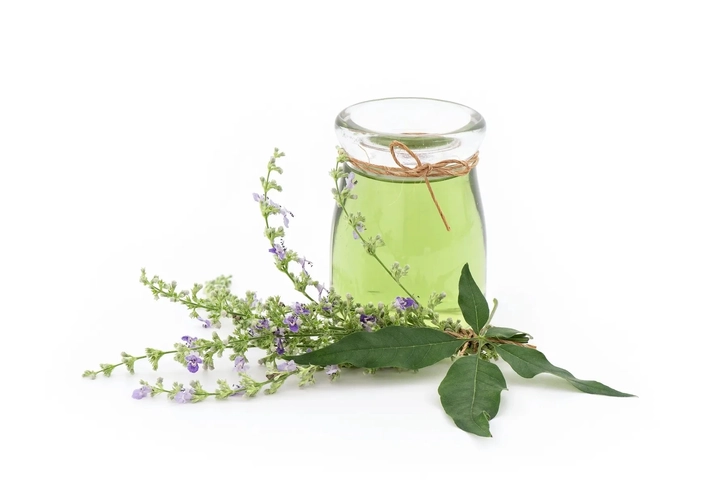
Vitex
Vitex, derived from the chaste tree flower, has been traditionally used to treat gynecological issues. While its effects on endometriosis need further study, some research suggests that it may help with menstrual irregularities and premenstrual syndrome (PMS).
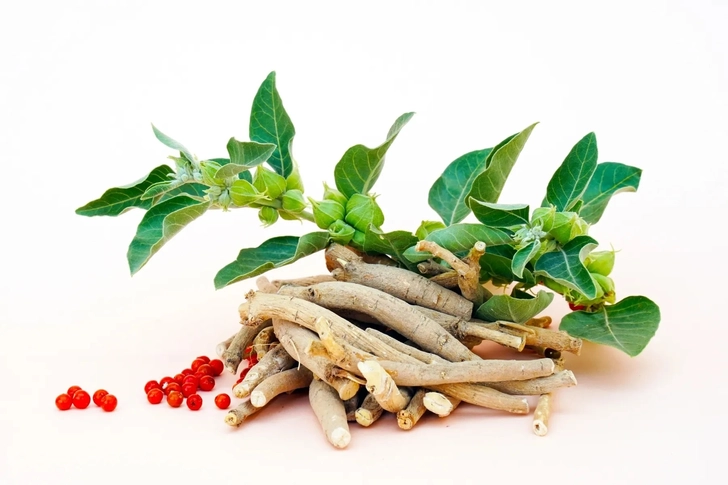
Ashwagandha
Studies have shown that ashwagandha can significantly reduce stress levels, which may help those with endometriosis as high levels of stress can worsen symptoms. Further research is needed to determine its effectiveness in managing endometriosis.

Medical Treatment for Endometriosis
While there is no cure for endometriosis, there are various medical treatments available to manage symptoms. It's important to speak to your doctor about the best treatment option for you, taking into account your medical history and other factors. This may include pain medication, hormone treatment, or surgery to remove endometriosis tissue or repair damage.
While herbal remedies may offer some relief for endometriosis symptoms, they should not replace medical treatment under the guidance of a professional. By working closely with your doctor to incorporate both medical and herbal treatments, you can better manage your endometriosis and find relief.
IMAGES PROVIDED BY:
Shutterstock
SOURCES:
American Journal of Reproductive Immunology: "The Anti-inflammatory Impact of Omega-3 Polyunsaturated Fatty Acids During the Establishment of Endometriosis-like Lesions."
Brazilian Journal of Medical and Biological Research: "Prolactin and Cortisol Levels in Women with Endometriosis."
Current Drug Delivery: "Novel Drug Targets with Traditional Herbal Medicines for Overcoming Endometriosis."
Current Obstetrics and Gynecology Reports: "Endometriosis: Epidemiology, Diagnosis and Clinical Management."
Human Reproduction: "A Prospective Study of Dietary Fat Consumption and Endometriosis Risk."
International Journal of Women's Health: "Combining Oral Contraceptives with a Natural Nuclear Factor-kappa B Inhibitor for the Treatment of Endometriosis-related Pain."
Iranian Journal of Reproductive Medicine: "Curcumin Inhibits Endometriosis Endometrial Cells by Reducing Estradiol Production."
Journal of Cellular Physiology: "Chrysin Leads to Cell Death in Endometriosis by Regulation of Endoplasmic Reticulum Stress and Cytosolic Calcium Level."
Journal of Herbal Medicine: "The Effect of Peppermint (Mentha piperita) Capsules on the Severity of Primary Dysmenorrhea."
Nature Medicine: "Role of Estrogen Receptor-β in Endometriosis."
Oncology Letters: "Curcumin Suppresses Migration and Invasion of Human Endometrial Carcinoma Cells."
Phytotherapy Research: "A Review of the Bioactivity and Potential Health Benefits of Peppermint Tea (Mentha piperita L)}."
Translational Research: "Antioxidant Supplementation Reduces Endometriosis-Related Pelvic Pain in Humans."